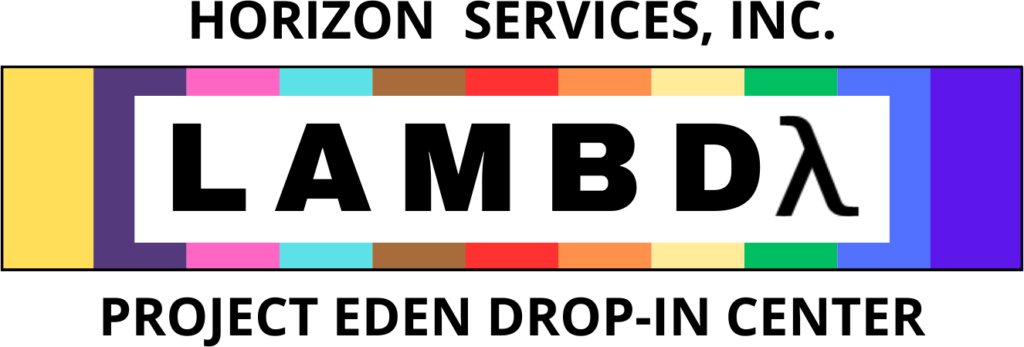The Horizon Services CLAS Committee
“A Note from Jen Slusser MacTernan, Horizon’s CLAS Committee Leader on Equity for BIPOC and LGBTQ”
The CLAS Committee meets monthly to explore important topics tied to the national Culturally and Linguistically Appropriate Services (CLAS) standards.
Drug addiction is a chronic disease defined by compulsive drug-seeking behaviors that have the potential for recurrence, relapse and recovery.1 Addiction does not discriminate, and it cannot be cured, but thankfully it can be treated. This insidious illness and its many tragic byproducts affect everyone. Despite this, it remains highly stigmatized – especially when combined with another mental illness.
Horizon Services recognizes that there are notable discrepancies in access to treatment, retention of and support for LGBTQIA+ and BIPOC clients despite the prevalence of substance use across cultural, racial and ethnic groups. We take our responsibility seriously that as substance use professionals, we must be prepared to serve each individual seeking help in a way that respects their culture and communication needs.2
To provide a bit of insight regarding the demographic composition of our client-base across sobering, detox, and residential programs at Horizon Services in 2022, nearly 50% of the clients we served identify as Black or African American; while a lower proportion, 21% and 5% of our Outpatient client population identify as Black or African American for our Hayward (youth) and Pleasanton (adult) regions, respectively. This information is important for us to consider as we reflect on our treatment practices, each with their own demonstrated efficacy with different patient populations.
The Horizon CLAS Committee
We meet as a committee monthly to explore important topics tied to the national Culturally and Linguistically Appropriate Services (CLAS) standards. During this time we reflect on the client-base that we serve and whether we’re doing our best to meet the unique needs of our different patient populations across multiple levels of care & multiple Bay Area regions. The agency is excited to share that it has reconvened its CLAS Committee in December 2022 with a bold vision to improve client outcomes across all our programs by improving our alignment with these CLAS standards, along with SAMHSA’s cultural competency standards. We are proud to report that every Horizon program has a CLAS Representative who serves the organization and the community in this capacity. Please join me in applauding the efforts of our CLAS representatives:
- Cherry Hill Detox – Ron Jett
- Cherry Hill Sobering Center – Raquel Moreno
- Cronin Residential Program – Cristina Islas-Banthi
- Chrysalis Residential Program – Deshama Lankford-Byrd
- Project Eden Outpatient – Korina Camacho
- Project Eden In-School Prevention – Robert Lopez
- Mission Street Sobering Center – Tina Sentner
- Palm Avenue Detox – Veronica Calderon
Our shared mission is to minimize barriers to treatment and retention in recovery; to create spaces that feel safe for everyone employed at Horizon as well as anyone coming to us for help. We aim to make our services increasingly respectful, understandable, effective and equitable by considering cultural health beliefs, preferred languages, health literacy levels, and communication needs.2
Lastly, in the spirit of inspiring hope and healing during Black History Month, we encourage you to peruse the 12 Recovery Memoirs by Black Authors gathered by Nia Norris at Tempest modern recovery company.
1Home | Surgeon General’s Report on Alcohol, Drugs, and Health. (2023). Surgeongeneral.gov. https://addiction.surgeongeneral.gov/
2 Culturally and Linguistically Appropriate Services (CLAS) What, Why and How. (n.d.). https://thinkculturalhealth.hhs.gov/assets/pdfs/class-infographic-what-why-how.pdf








